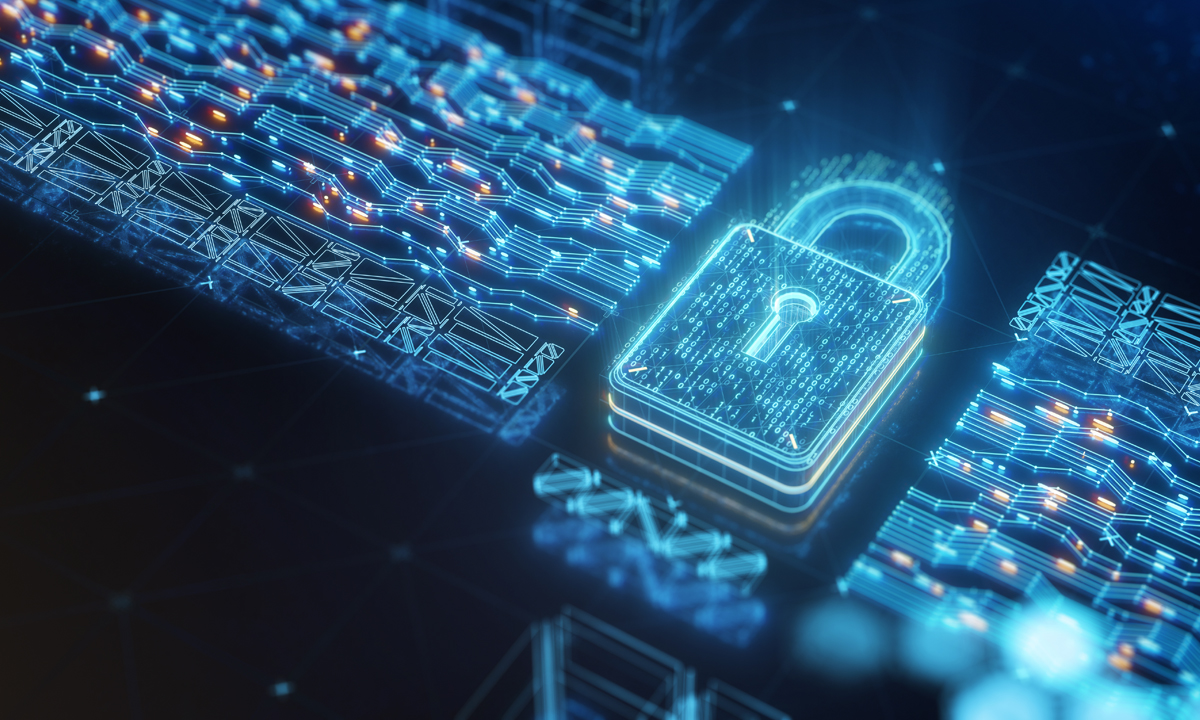
Cybersecurity is very important and should be incorporated into your everyday business. In 2021, an IBM report shows that the average data breach costs $4.24 million. Therefore, cybersecurity should be appropriately supervised by making it (part of) someone’s duty. This might not necessarily indicate that you need to hire an in-house IT team.
Read more about Business
In fact, there is often a lot to be said about utilizing an outsource cybersecurity service, particularly for tech startups and digital businesses. Nevertheless, should somebody be assigned cybersecurity as part of their job, that individual will be responsible for determining what resources are required and sourcing them. They will also be the main point of contact for any vendors you use.
Below are a few tips to stay ahead in the cybersecurity game:
-
Keep Track Of Your Assets
You can only safeguard what you are aware of. This applies to both physical and digital assets. Ideally, one person should be delegated the task of purchasing any devices that will be linked to your network. Further, to be more practical, one or more persons within the workforce should supervise the acquisition of any tools that will be connected to your system. There also needs to be an active procedure for documenting purchases to them.
Sign up for the Connect Nigeria daily newsletter
The same compliances pertain to the software. Never let employees install their software. First of all, it could be malicious. Secondly, you need to confirm that all software is used with the applicable license. Be aware that software that is free to use for personal activities may not be free to use for businesses.
-
Have A Proactive Maintenance Schedule
One of the huge benefits of utilizing organized service providers is that it ensures that regular supervision and maintenance are carried out according to plan. Specifically, it guarantees that updates are applied rapidly. This is a vital part of cybersecurity.
It’s also worth pointing out that the significance of updates spans beyond regular desktops and laptops. It comprises tablets and smartphones (both iOS and Android). It may incorporate other tools, especially smart ones. For instance, numerous smart devices have firmware that has to be updated periodically.
No matter how strongly you defend your periphery, there is always the danger that someone will find a way to breach it. Since you stand the chances of being breached, then you want to impede the potential for damage. The best way to do this is to encrypt your data as standard and ensure that it is regularly backed up.
Encryption implies shuffling data to make it unusable without a decryption key. All privately identifiable data should be encrypted by default. This comprises data from your employees. It’s highly advisable to encrypt any data you do not want to be made public. You might even prefer to encrypt all data to confirm that nothing slips through the net.
Also, backing up data safeguards you if attackers delete or corrupt data. You can simply reclaim it from a copy. The basic rule of data backups is known as the 3-2-1 rule. This means you should have three copies of your data, on two different media with one copy being protected off-site. If you use the cloud, it implies you should have two copies of your data in one cloud. One must be either in another cloud or offline.
Register to attend the CN Business Mixer
Another important rule is that you need to be sure that you actually can restore from your backups. Test this regularly so that you quickly find out about any issues. You don’t want to learn about them the hard way by finding out you can’t restore after an attack.
-
Secure All Your Internet Connections
Since COVID-19, many talents have been forced to work in a hybrid fashion that requires both onsite and remote working. Numerous companies have adopted some element of nomadic work, even if you don’t necessarily think of it that way. For example, staff quickly checking email on the way to work is still remote work.
The simplest way to guarantee that staff use safe connections when they’re outside the workplace is to enforce a VPN. A VPN is a virtual private network. It’s also recognized as a channel. VPNs provide private links between network users to keep everyone safe.
As an additional protection, you can equip itinerant staff with mobile routers (MiFi’s) and/or mobile data connections. They can use these rather than public WiFi.
Conclusion
Cybersecurity is very important that experts warn of the rising database breach by hackers. This is because small and medium-sized businesses as well as tech startups must employ all strategies that can guarantee data security otherwise risk loss of data and money as well. Therefore, the above analysis provides one with the necessary precautions which include: assigning the duty of cybersecurity to qualified and capable hands; tracking all assets that need protection; having a proactive maintenance schedule; remaining agile and vigilant in expectation of possible attacks; and securing all internet connections through VPN and so on.
Featured Image Source: Everbridge
Got a suggestion? Contact us: editor@connectnigeria.com
You might also like:
This article was first published on 15th November 2022
nnaemeka-emmanuel
Nnaemeka is an academic scholar with a degree in History and International Studies from the University of Nigeria, Nsukka. He is also a creative writer, content creator, storyteller, and social analyst.
Comments (1)












Scope of slick coats is accessible in men’s coats on the off chance that you peruse the best style. There are a few styles that are all time hit in this class as well as runway style has presented a portion of the new plans in this classification.